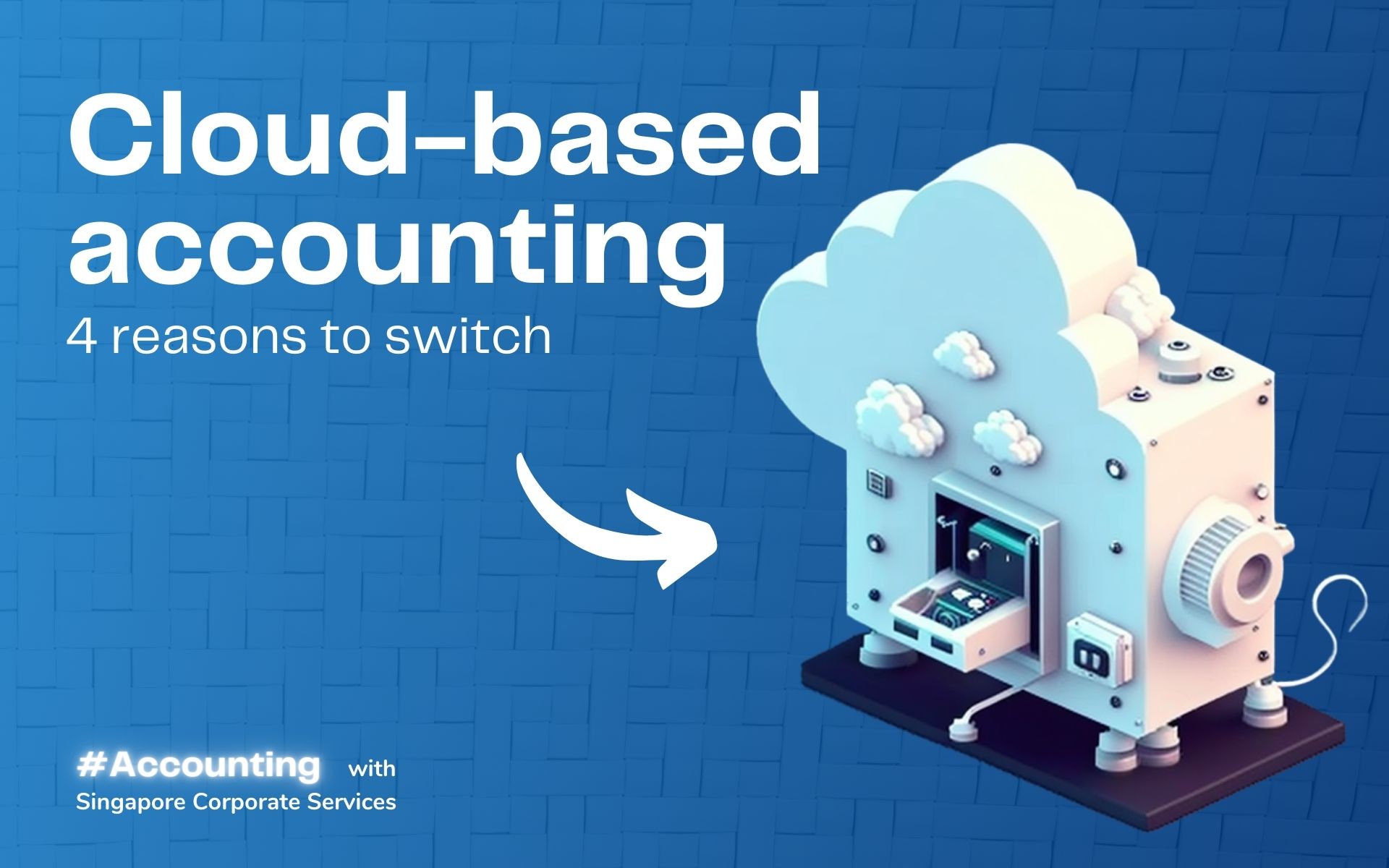Cloud-based Accounting systems
What is it?
Cloud-based accounting systems are digital solutions that allow businesses to access and manage financial data and operations securely, anytime and from any device.
Some of the leading cloud-based accounting systems include QuickBooks Online, Xero, FreshBooks, Wave Accounting, and Sage 50Cloud. Each system offers its own unique features and pricing structures that can be tailored to meet a business’s specific needs.
The 4 reasons to switch to Cloud-based accounting systems
Access your financial data any time and anywhere.
Cloud-based accounting systems allow you to access your financial data from any device with an internet connection, making it extremely easy to monitor and manage your finances on the go. Furthermore, multiple users can access the same documents, enabling collaboration anytime and anywhere. This streamlined workflow makes it much faster to complete tasks and streamlines communication between all parties involved.
Cloud-based accounting systems allow teams to access their financial data from any location with an internet connection. This could be beneficial for businesses that have employees or teams located in different cities or countries, as it would enable them to easily collaborate on financial projects without having to physically meet up. It also allows for remote audits and monitoring of the financial data from anywhere, reducing the need for expensive travel costs.
Unlock collaborative potential
Cloud-based accounting systems make it much easier to collaborate with others when working on financial projects, as multiple people can access the same documents and view changes in real-time.
This means that teams can work together on reports, forecasts and budgets, without having to wait for each other to send documents back and forth. It also allows them to track who made what changes at any given time, which can help with accountability across the team.
Safe Storage
It ensures that all data is automatically backed up and secure, reducing the risk of lost or corrupted data due to hardware or system failures.
Teams have greater peace of mind knowing that their financial data is always backed up and secure. This ensures that if something goes wrong with the hardware or system failures, such as power outages or virus infections, all data will be stored safely in the cloud so it can be quickly restored and changes can be tracked to determine what went wrong.
Cost-effective
Cloud-based accounting systems are cost effective since they don’t require physical hardware, such as servers and desktop computers, to operate them.
These software offer a range of options that allows you to upgrade as you scale – allowing you to pay for the storage and processing power you need now; if more is needed it can be quickly added without requiring reconfigurations or costly hardware upgrades.
Selecting the right accounting software for you
Choosing the right cloud-based accounting system for your business can be a daunting task. There are many factors that should be considered when making your choice, such as budget and the type of business. Other considerations include features such as invoicing, payroll, data security and sharing, and customer service. It’s also important to compare different providers to ensure you get the best value for your money.
We’re here to help
Our team of experienced professionals is here to provide you with personalized advice and guidance on what system would be the best fit for your company. We can help you assess different features and pricing structures so that you can make a well-informed decision. Our team also offers implementation services and training to ensure a smooth transition to the new system. In addition, our ongoing customer service and support will ensure that any issues or concerns are addressed in a timely manner. With us on your side, you’ll have peace of mind knowing that you’ve chosen the perfect system for your needs.
How to Change Your Company Name in Singapore
A company's name can significantly shape its identity, yet there are times when a change becomes...
Is Singapore a Tax Haven? A Comprehensive Analysis
Is Singapore really a tax haven, or is it simply capitalising on tax policies that spur economic...
Fiscal Year vs Financial Year: Definitions and Implications
Is there a difference between a fiscal year and a financial year? While they both refer to the...




